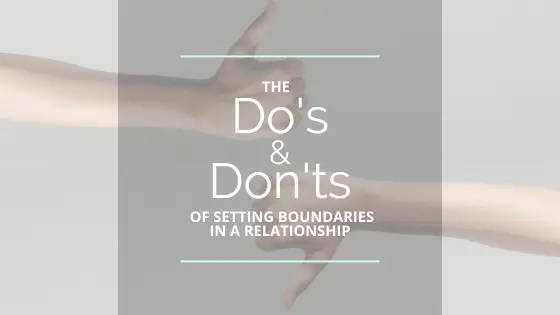4 Keys to an Effective Apology from a Marriage Counselor

We’ve all been there. We’ve done something to hurt, offend, or anger someone we love. It’s awkward. There’s tension and maybe even some regret. The clear next step is to break the ice and acknowledge what happened.
As a marriage counsellor, I see many people who don’t know where to start. Apologising is a lost art, and it’s hard to know how to apologise to repair effectively.

Your paragraph is written in American English. Here’s the British English version:
It’s important to be very specific about what you are apologising for. Refrain from apologising for how the other person perceives you or how the other person feels; it always misses the mark.
DO: “I’m sorry I ignored you when I came home after work last night.”
DON’T: “I’m sorry you feel angry that I ignored you.”

Guidelines for an Effective Apology
1. Be specific.
It’s important to be very specific about what you are apologizing for. Refrain from apologizing for how the other person perceives you or how the other person feels; it always misses the mark.
DO: “I’m sorry I ignored you when I came home after work last night.”
DON’T: “I’m sorry you feel angry that I ignored you.”
2. Admit you were wrong.
This is the hardest part of an apology! For an apology to be genuine, you want to admit wrongdoing. Even if your intentions were good (most of the time, they are!), that isn’t what’s important here. Let them know that you see that what you did had a negative impact.
DO: “It wasn’t right for me to treat you that way.”
DON’T: “ I didn’t mean for it to come off that way” – or – “It wasn’t my intention to treat you that way.”
3. Show that you understand their perspective.
Again, be specific. Put yourself in their shoes, let them know you understand how your actions impacted them, and go a step further to imagine how they must have felt emotionally. Then, reflect that to them.
DO: “I imagine you must have felt unimportant to me at that moment.”
DON’T: “You’re being sensitive, so you took it the wrong way.”
4. Ask for forgiveness.
Apologizing is a vulnerable task. You’re putting yourself out there to admit you were wrong and ultimately asking for repair. Once you’ve covered the first three steps, ask for forgiveness. Understand that the receiver may need more time before they wipe the slate clean.
DO: “ Are you willing to forgive me?”
DON’T: “Hope you feel better now that I apologized so we can move on.”

An effective apology is just one skill that can help you establish a healthier communication pattern in your marriage. If you’re struggling, marriage counselling can help. Reach out to one of our marriage counsellors to arrange a free consultation call.






















